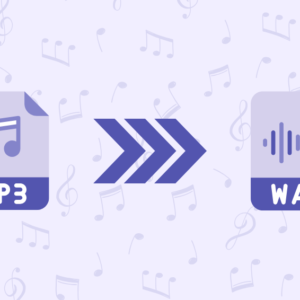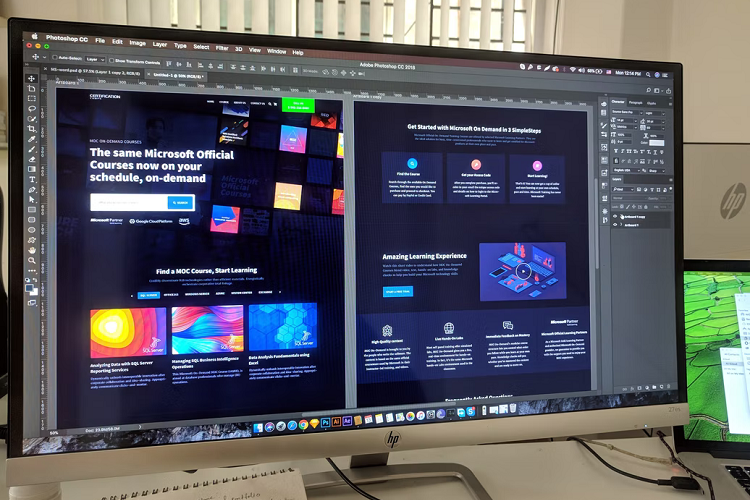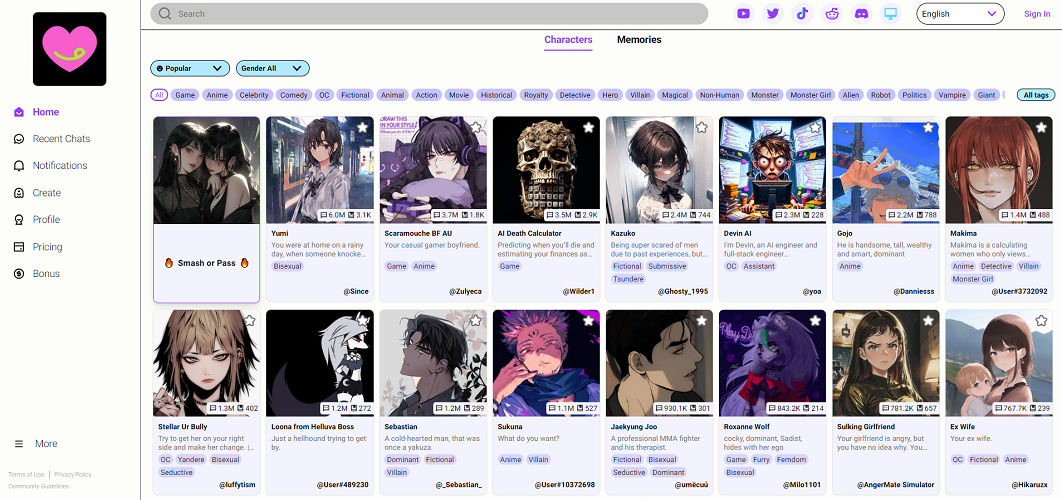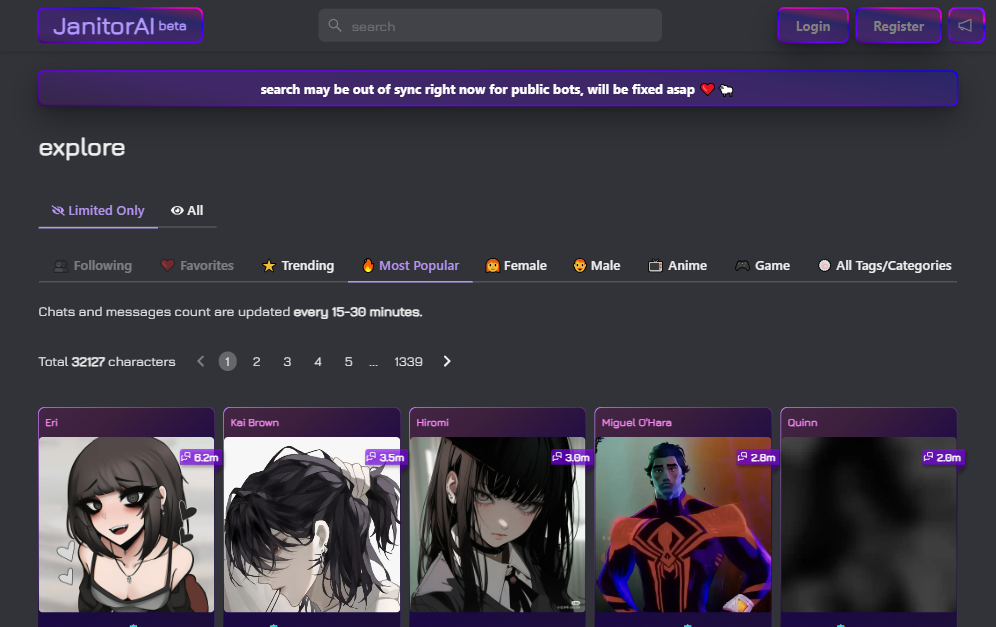Choosing the right hotel management software is an important decision for any hotel or hospitality business. The software you select should streamline your operations, improve guest experience, and help you manage various aspects of your business effectively.
The market is flooded with a wide range of hotel management software options, each with its own set of features and benefits. Selecting the right software for a hotel can be a daunting task.
This article provides guidance to hoteliers by highlighting essential considerations to keep in mind when choosing hotel management software.
How to Choose The Right Hotel Management Software
Here are some factors to consider when choosing hotel management software:
1. Scalability and customization
Hotels vary in size and complexity, and their management software needs to adapt accordingly. A key consideration when choosing hotel management software is scalability. Hoteliers should assess whether the software can accommodate their current needs as well as future growth. It should be able to handle an increasing number of rooms, manage multiple properties if applicable, and support additional features and functionalities as the business expands.
Additionally, customization options are crucial to tailor the software to the specific operational requirements of the hotel. The ability to configure workflows, reports, and user roles ensures that the software aligns with the unique needs of the hotel and enhances operational efficiency. Read more in the blog.
2. User-friendly interface and training
Hotel staff members interact with management software on a daily basis, so it is crucial that the software has a user-friendly interface. A well-designed interface with intuitive navigation and clear workflows reduces the learning curve and improves staff productivity. The software should also provide easily accessible support resources, such as online tutorials or a knowledge base, to assist users in resolving any issues or questions that may arise.
Furthermore, comprehensive training is essential to ensure that staff members are proficient in utilizing the software’s features and maximizing its benefits. Hoteliers should inquire about the availability of training programs provided by the software vendor and assess their effectiveness in equipping the staff with the necessary skills to utilize the software to its full potential.
3. Integration and compatibility
Hotels rely on multiple systems and technologies to manage various operations, such as point-of-sale systems, property management systems, and online travel agencies. When choosing hotel management software, it is important to consider its integration and compatibility capabilities.
The software should seamlessly integrate with existing systems to enable smooth data flow and reduce manual work. For example, integration with the property management system ensures that reservations, guest information, and room availability are synchronized in real-time.
Similarly, integration with the point-of-sale system allows for automatic transfer of billing information and inventory updates. Compatibility with online travel agencies is also crucial for efficient distribution of room inventory and seamless online bookings. Hoteliers should carefully assess the compatibility of the software with their existing systems to ensure a cohesive and efficient operational ecosystem.
4. Security and data protection
The security of guest data and sensitive financial information is of paramount importance in the hospitality industry. Hoteliers should prioritize software vendors that have robust security measures in place to safeguard against data breaches and unauthorized access.
The software should comply with industry standards and regulations for data protection, such as the General Data Protection Regulation (GDPR) in Europe. Hoteliers should inquire about the data encryption protocols, access controls, and regular security audits performed by the software vendor.
Additionally, a reliable backup and disaster recovery system should be in place to protect against data loss and ensure business continuity in the event of a system failure or unforeseen circumstances.
5. Cost and support
Cost is an important consideration when choosing hotel management software. Hoteliers should evaluate the pricing structure of the software, whether it is a one-time license fee or a subscription-based model. It is also crucial to consider any additional costs associated with implementation, training, and ongoing support.
Hoteliers should assess the level of customer support provided by the software vendor, such as availability of technical assistance, response time for issue resolution, and software updates. A reliable support system ensures that any technical difficulties or questions can be promptly addressed, minimizing downtime and maximizing operational efficiency.
Conclusion
Choosing the right hotel management software is a critical decision that can greatly impact the efficiency and success of a hotel. By considering factors such as scalability, customization, user-friendliness, integration, security, and cost, hoteliers can make an informed decision that aligns with their specific operational needs and enhances overall performance.
Taking the time to evaluate different software options, seeking demonstrations and references, and involving key stakeholders in the decision-making process will help hoteliers select the software that best suits their requirements, ultimately driving operational efficiency and guest satisfaction.






